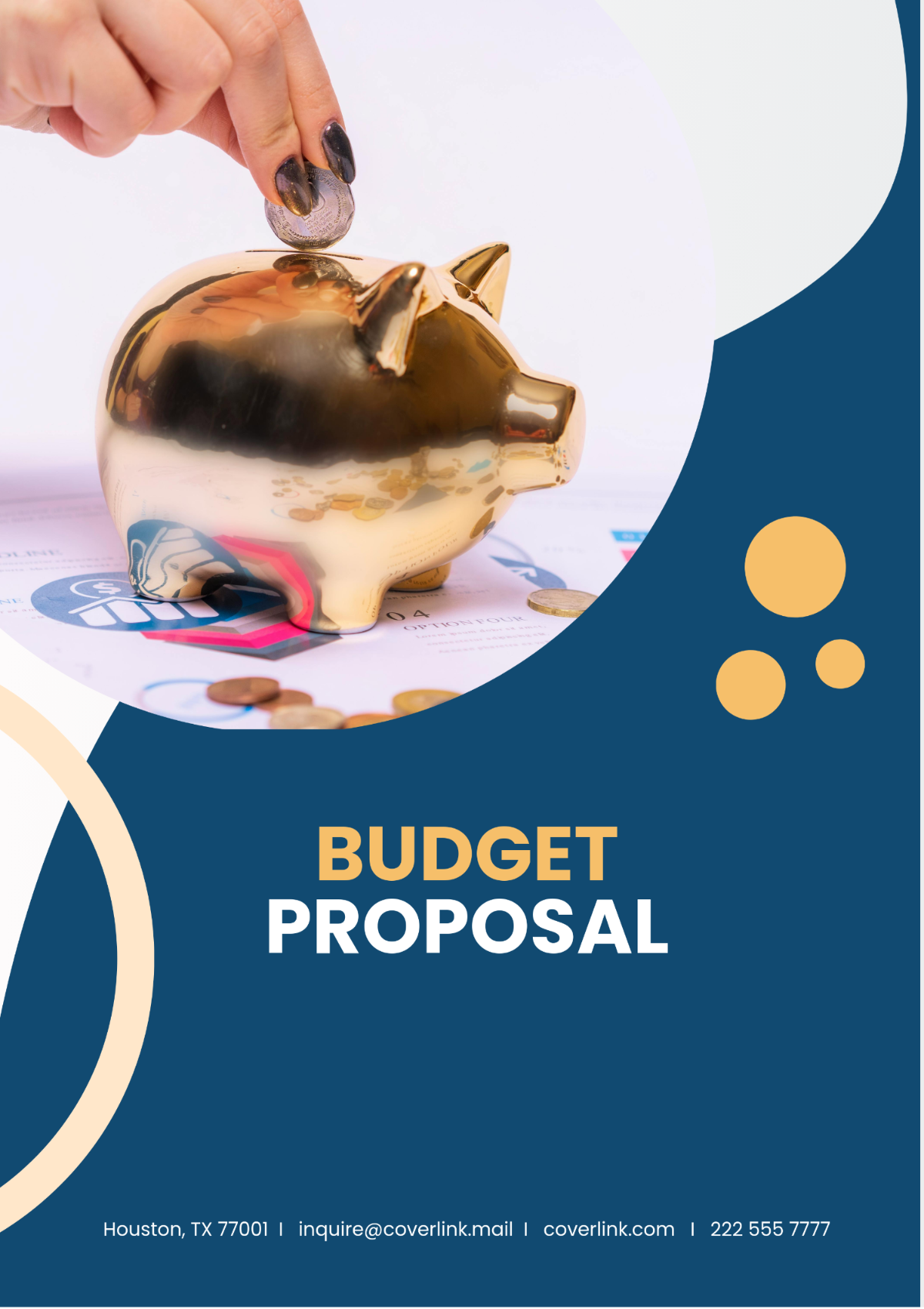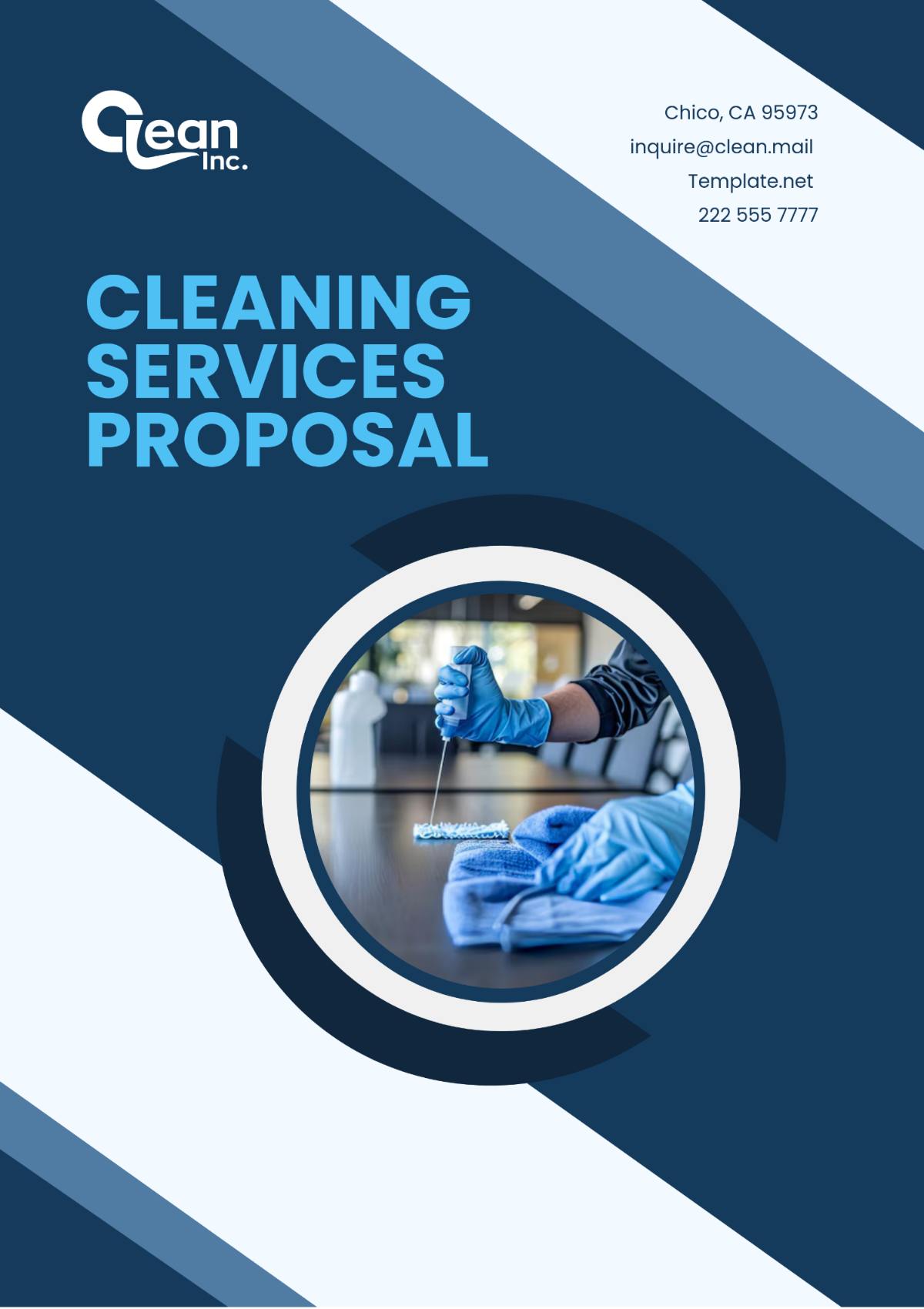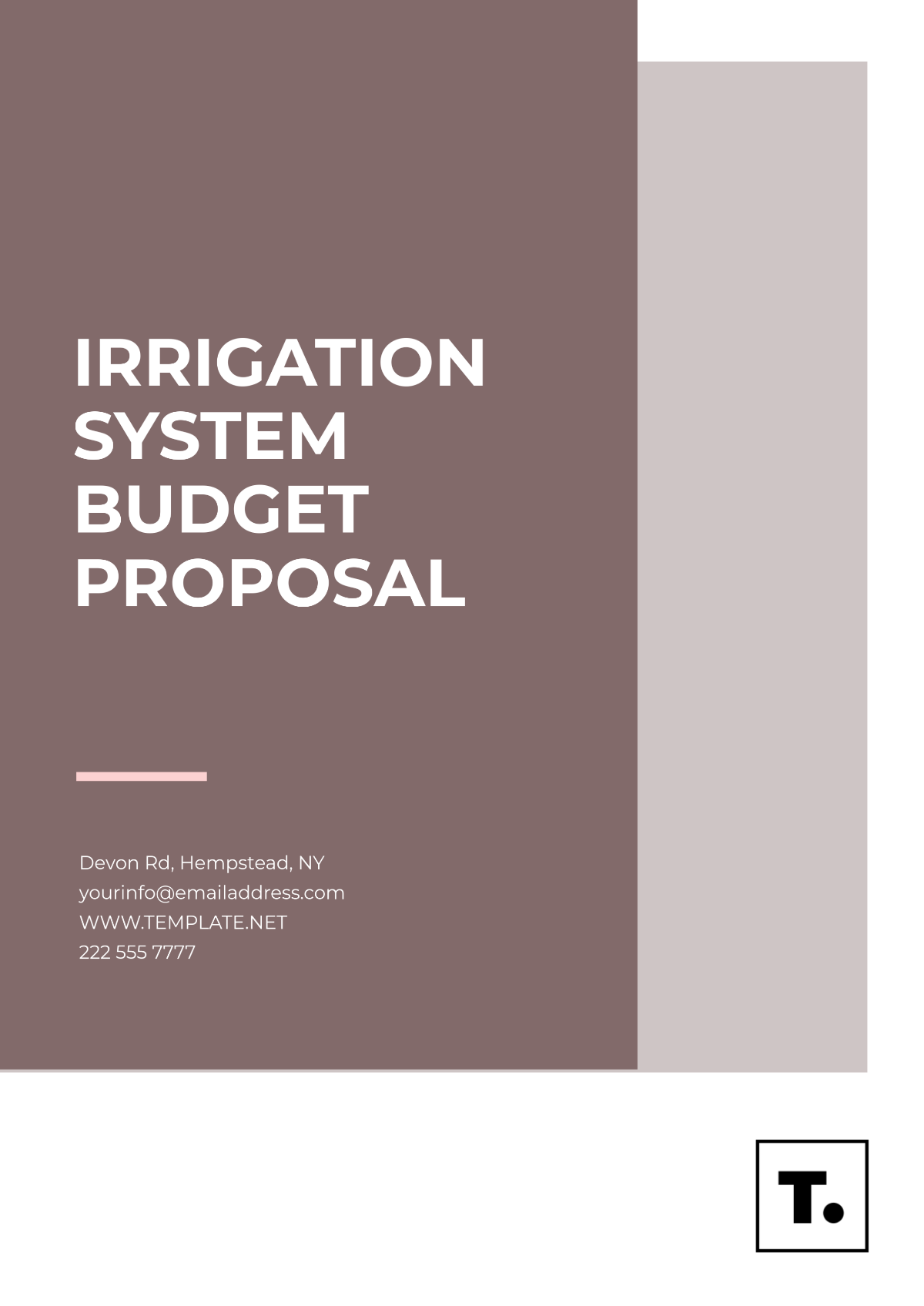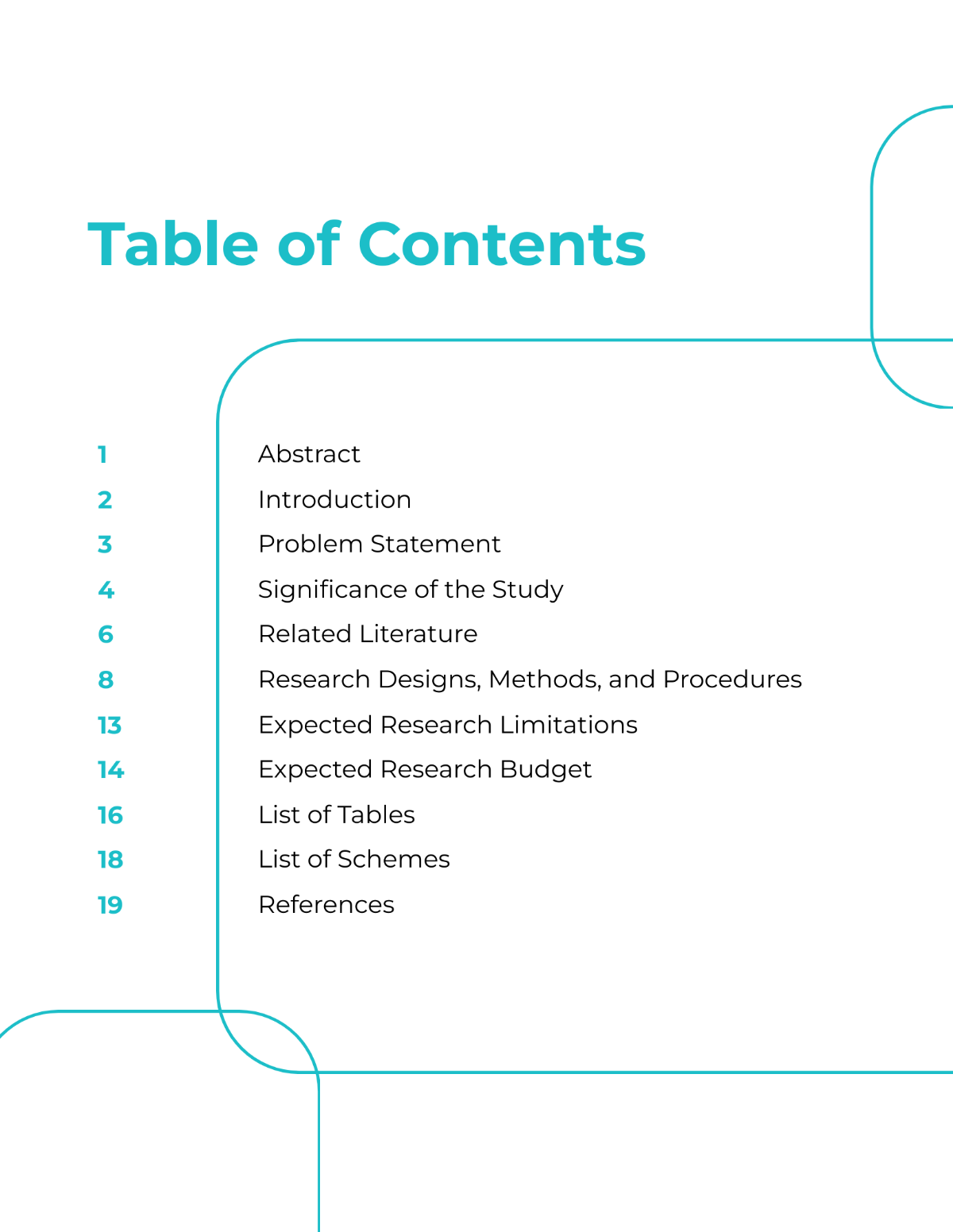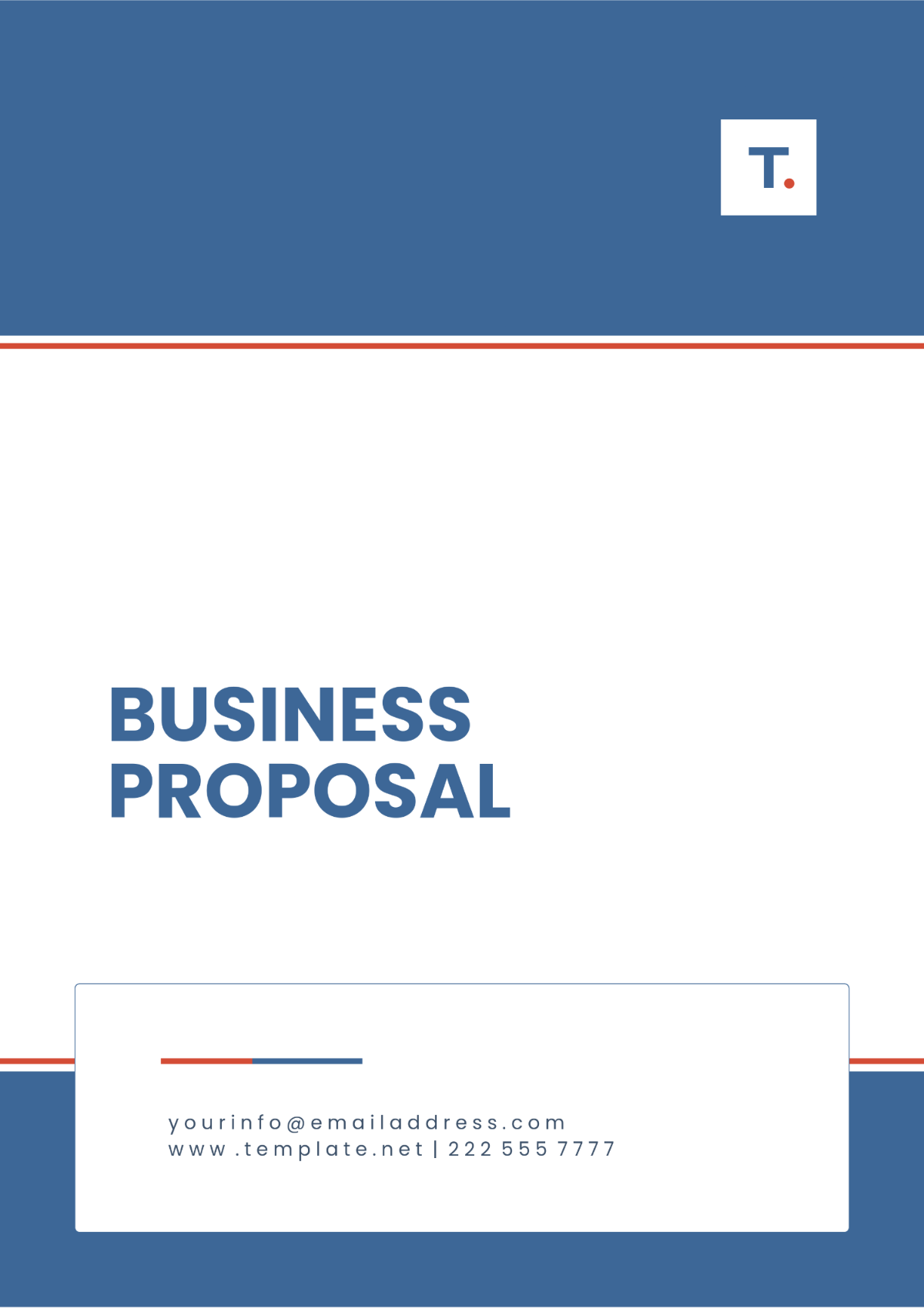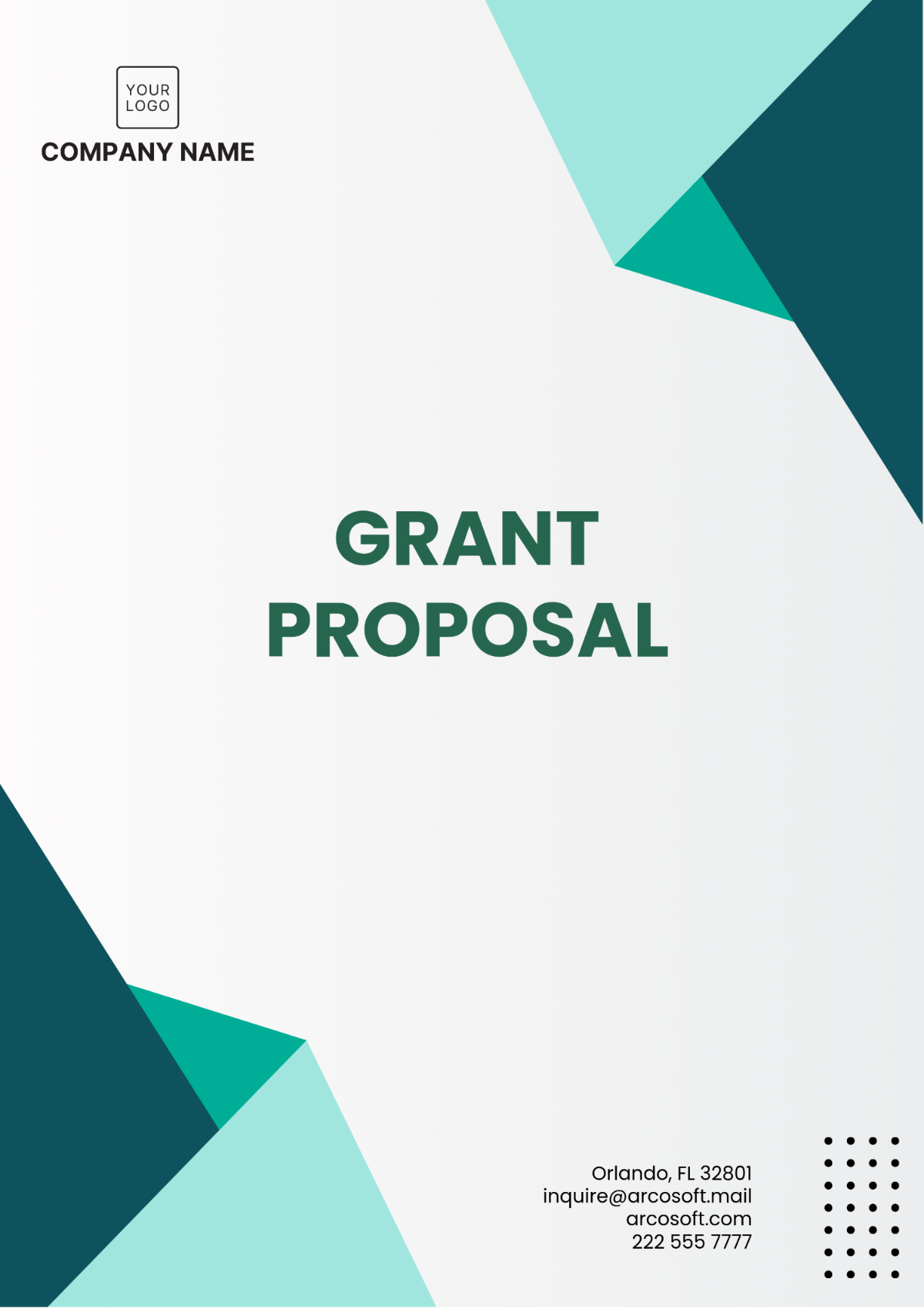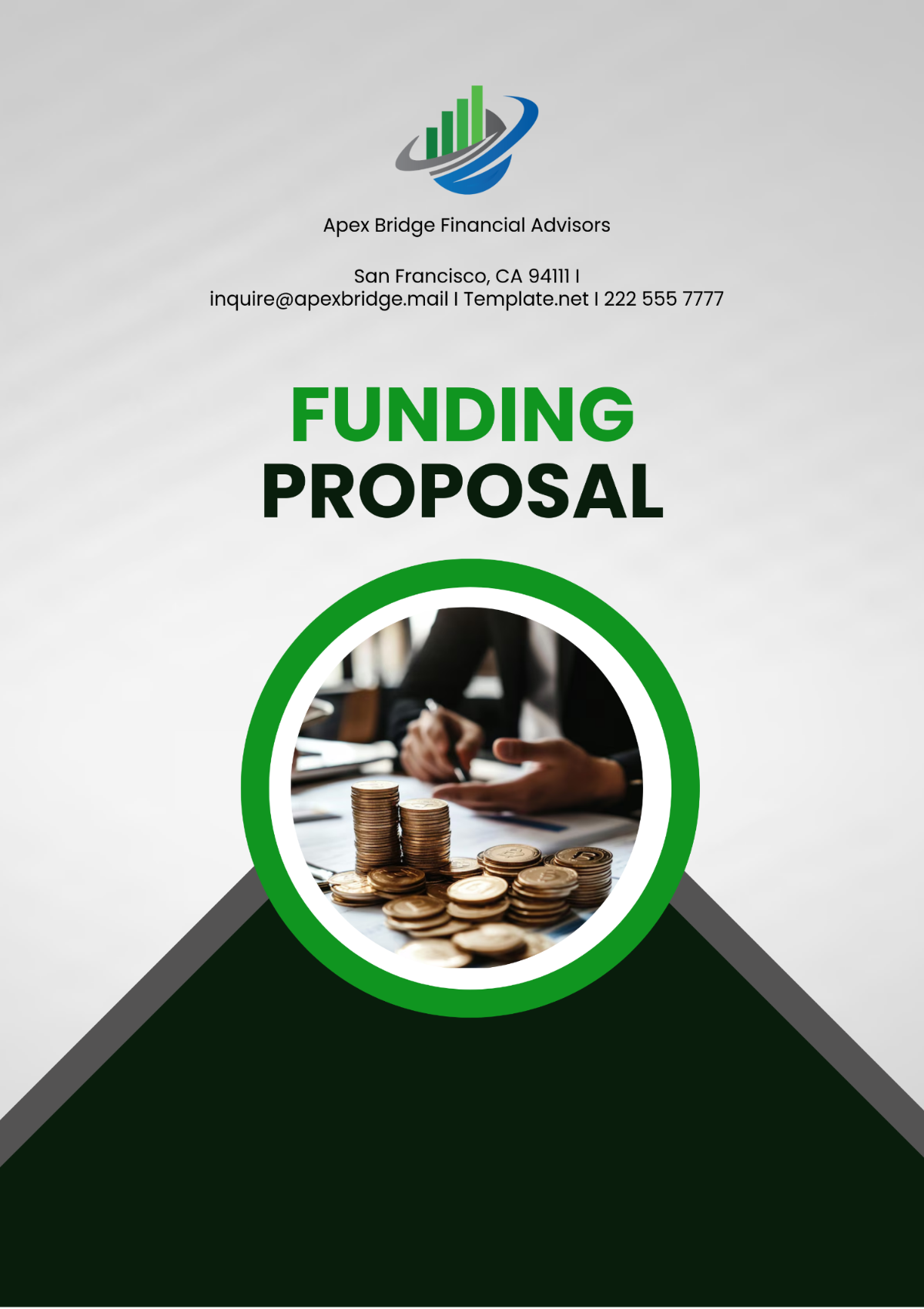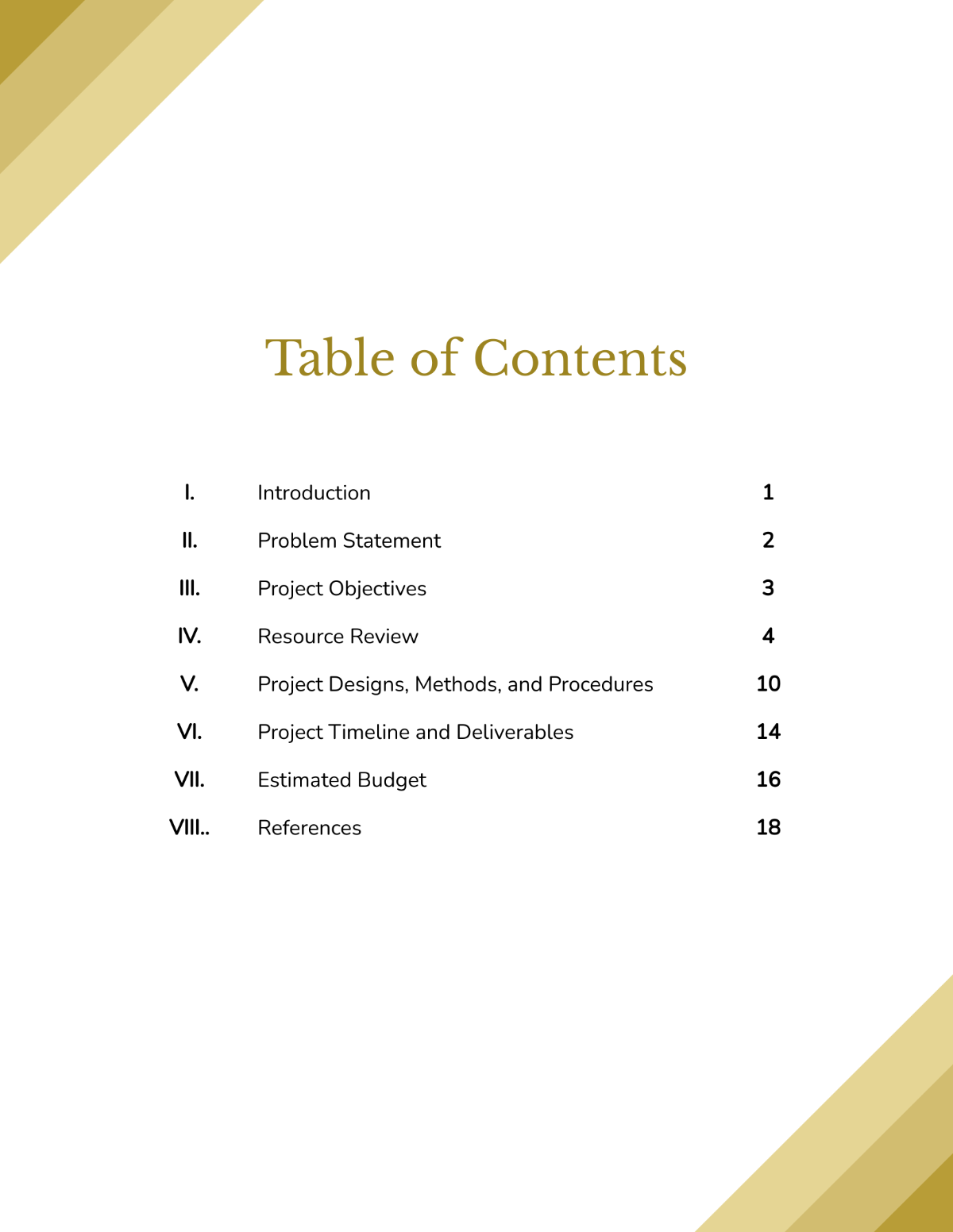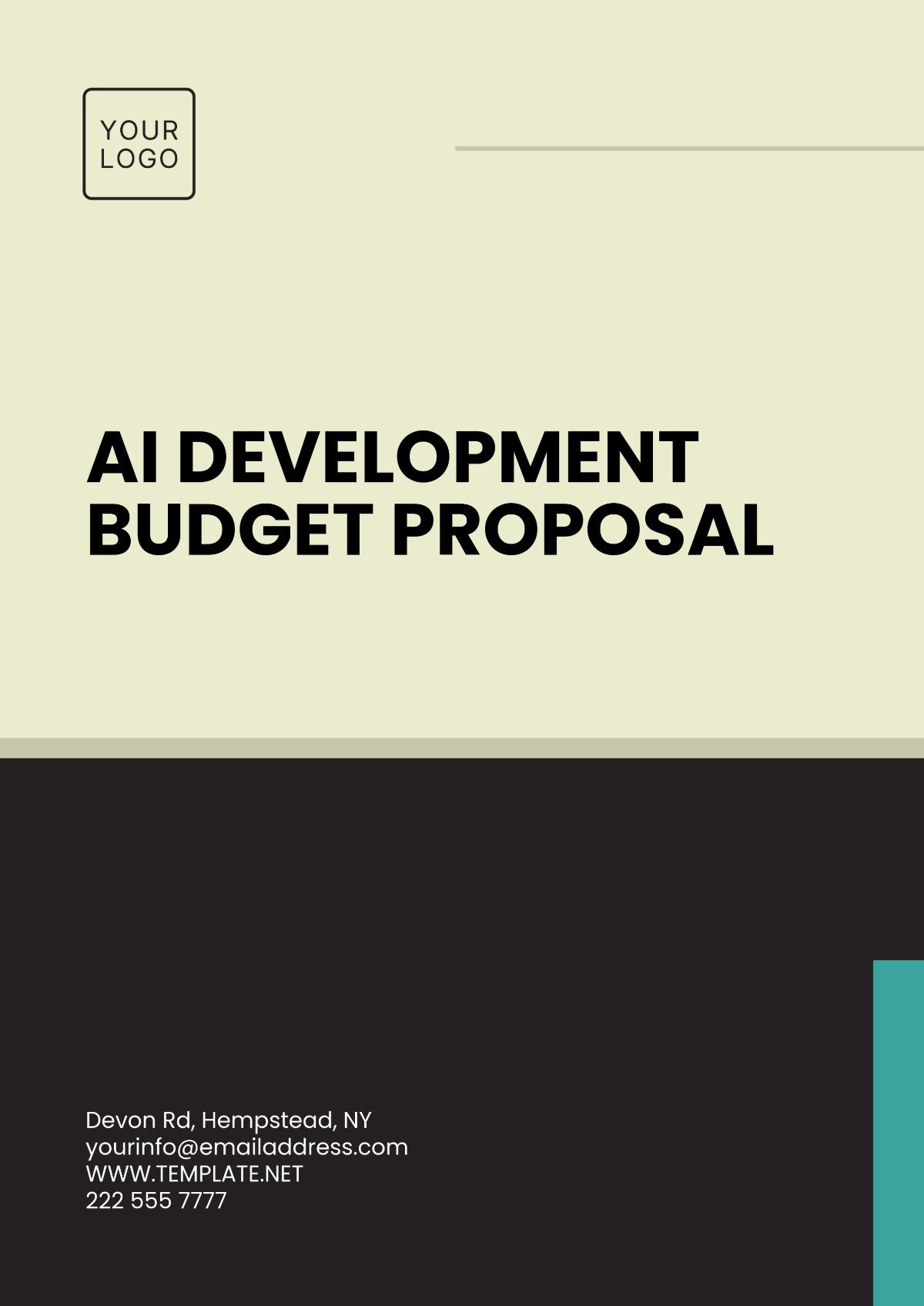Management Skills Training Proposal
Prepared by: [Your Name]
Company: [Your Company Name]
Date: [Date]
I. Executive Summary
This Management Skills Training Proposal outlines a comprehensive program designed to bolster the managerial capabilities within our organization. In today’s competitive landscape, effective management is vital for organizational success. The aim is to enhance leadership, decision-making, and communication skills, ultimately driving the company's growth and efficiency. This proposal details the objectives, content, methods, and evaluation plans necessary to ensure a successful training implementation, fostering a culture of continuous improvement and adaptability among our leaders.
II. Needs Assessment
A. Background
In today's rapidly changing business environment, effective management is crucial. Recent employee feedback and performance evaluations have identified a gap in essential managerial competencies within our teams. Specifically, surveys conducted over the past six months revealed that 70% of employees feel their managers lack sufficient leadership skills. Additionally, performance evaluations highlighted weaknesses in decision-making and conflict resolution, which directly impact team morale and productivity.
B. Justification
Addressing these gaps is vital for improved productivity and employee satisfaction. Enhanced management skills will lead to better team cohesion, strategic decision-making, and organizational success. By investing in our managers' development, we can expect to see improvements in employee retention rates, with studies indicating that effective leadership can reduce turnover by 25%. Moreover, improved management skills will empower our leaders to foster an inclusive and motivating work environment, resulting in higher engagement levels.
III. Training Objectives
Enhance leadership skills to effectively manage teams.
Equip managers with the tools to inspire and motivate their teams, promoting a positive workplace culture.
Improve decision-making abilities for strategic problem-solving.
Develop a structured approach to decision-making that incorporates analytical thinking and stakeholder input.
Develop communication skills for better employee engagement.
Train managers in effective verbal and non-verbal communication techniques to enhance team interactions.
Strengthen conflict resolution techniques.
Provide managers with strategies to address and resolve conflicts proactively, ensuring a harmonious workplace.
IV. Training Content and Curriculum
A. Modules
Module | Description | Duration |
|---|---|---|
Leadership Development | Focus on developing leadership styles and qualities, including emotional intelligence. | 2 days |
Strategic Decision-Making | Enhancing decision-making processes using case studies and simulations to foster critical thinking. | 1 day |
Effective Communication | Workshop on verbal and non-verbal communication skills, emphasizing active listening. | 1 day |
Conflict Resolution | Role-playing scenarios to practice resolving workplace conflicts and managing difficult conversations. | 1 day |
Team Dynamics | Understanding team roles and dynamics to build more effective, collaborative teams. | 1 day |
B. Detailed Curriculum Breakdown
Leadership Development
Topics include transformational leadership, situational leadership, and creating a vision.
Activities: Leadership style assessments, group discussions on case studies.
Strategic Decision-Making
Focus on frameworks like SWOT analysis, the decision-making process, and risk assessment.
Activities: Group simulations where teams make strategic decisions under time constraints.
Effective Communication
Emphasis on clarity, empathy, and feedback mechanisms.
Activities: Role-playing exercises to practice delivering and receiving feedback.
Conflict Resolution
Techniques for managing conflicts, including negotiation and mediation strategies.
Activities: Real-life scenario role-plays to practice resolution techniques.
Team Dynamics
Exploration of team roles, the importance of diversity, and fostering collaboration.
Activities: Team-building exercises that promote trust and understanding among team members.
V. Methodology
A. Interactive Workshops
Engage participants through activities, group discussions, and role-plays to foster practical learning experiences. This hands-on approach allows participants to practice skills in a safe environment, promoting confidence and competence.
B. Case Studies and Simulations
Utilize real-life scenarios to develop problem-solving skills and apply theoretical knowledge to practice. Participants will analyze case studies relevant to our industry, allowing them to draw parallels to their own experiences.
C. Feedback and Reflection
Implement feedback sessions and reflective exercises to integrate learning and encourage continuous improvement. Managers will receive constructive feedback from peers and facilitators, enabling them to identify strengths and areas for growth.
VI. Timeline
The training program is scheduled to begin in January 2054 and conclude by April 2054. Sessions will be held bi-weekly to accommodate work schedules while allowing ample time for practice and application between the sessions. A detailed timeline is as follows:
Month | Activity | Date |
|---|---|---|
January 2054 | Kick-off meeting and Leadership Module | January 5-6 |
January 2054 | Strategic Decision-Making Module | January 20 |
February 2054 | Effective Communication Module | February 3 |
February 2054 | Conflict Resolution Module | February 17 |
March 2054 | Team Dynamics Module | March 2 |
March 2054 | Final Reflection and Feedback Session | March 16 |
VII. Budget
Item | Cost |
|---|---|
Facilitator Fees | $10,000 |
Materials and Resources | $2,500 |
Venue and Equipment | $3,000 |
Travel and Accommodation | $1,500 |
Marketing and Promotion | $500 |
Total | $17,500 |
VIII. Evaluation Plan
A. Pre- and Post-Training Assessments
Conduct assessments to measure changes in skills and knowledge before and after the training sessions. This will help gauge the effectiveness of the program and identify areas for further development.
B. Participant Feedback
Gather feedback through surveys to evaluate participant satisfaction and identify areas for improvement. Participants will rate various aspects of the training, including content relevance, facilitator effectiveness, and overall experience.
C. Management Observation
Encourage managers to observe and document improvements in team management and collaboration post-training. Follow-up meetings will be scheduled to discuss observed changes and further support needs.
IX. Conclusion
This Management Skills Training Proposal outlines an effective and detailed plan to enhance managerial skills within our organization. Through this program, we aim to empower our leaders, foster a collaborative work environment, and ultimately drive organizational success. By investing in our management team, we can ensure that our organization remains adaptable, innovative, and well-equipped to meet future challenges.



